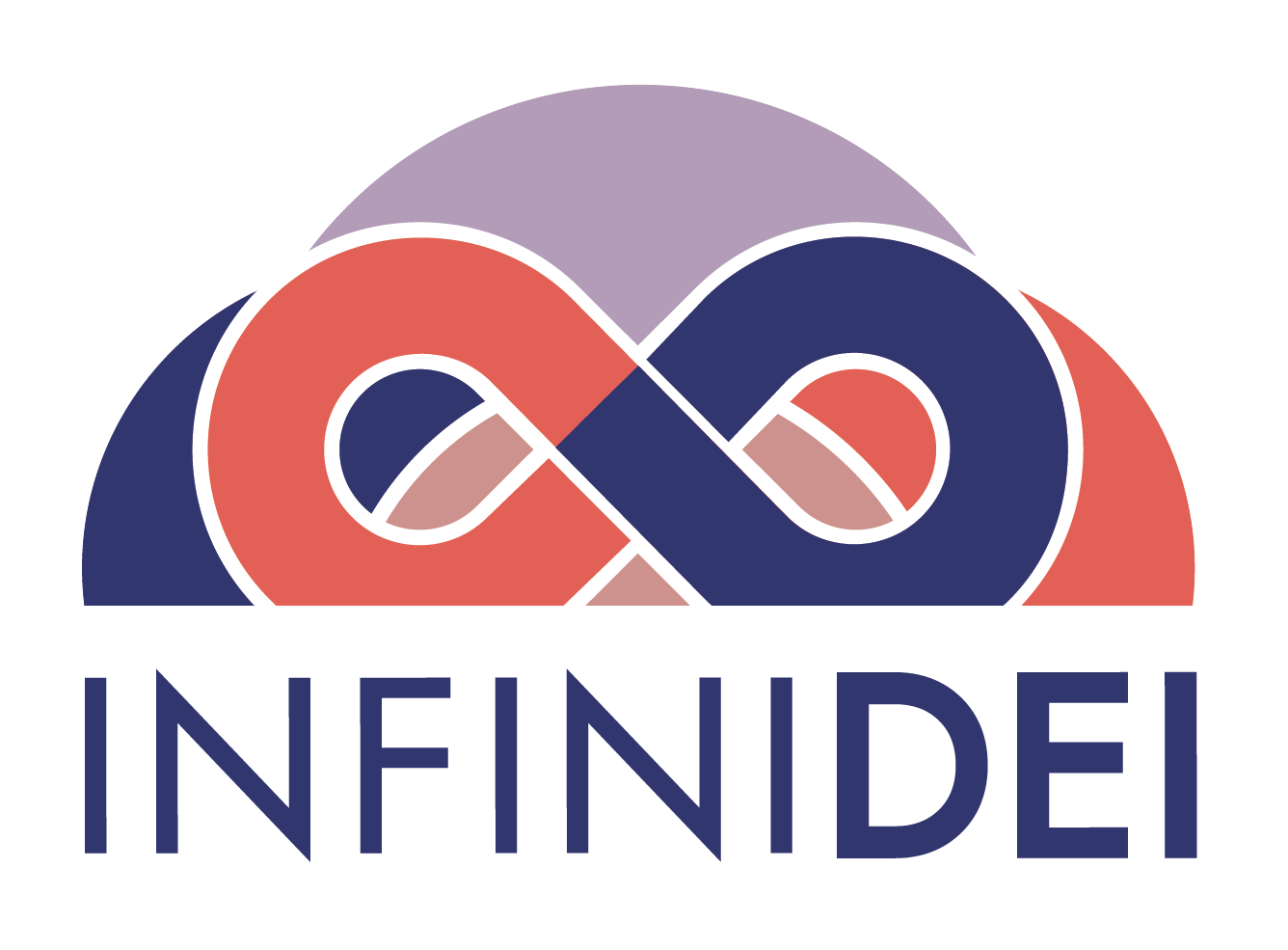Working Mothers Need Help, Here's How We Can Step In
There's no doubt that the COVID 19 pandemic has impacted every single one of us in ways we weren't anticipating. In March of 2020 our lives were turned upside down and we were forced to pivot and respond with little to no direction or support.
One group has been hit particularly hard and that's mothers, especially those that work. According to a study conducted by Maven, nearly a third of the thirty-five million working moms in America were suffering from symptoms of burnout (headaches, chest tightness, fatigue, hair loss, nausea, lack of motivation, irritability and increased crying) in late 2020. Not to mention, more than half of mothers with children under 18 reported a marked decrease in mental health since the pandemic began.
Mental health demands have risen and providers are struggling to meet demands, which means people, especially mothers are coping on their own terms, turning to wine bottles. Women's drinking has actually been on the rise for two decades, but during COVID it hit an all time high. According to a study conducted by RTI International, mothers with children under the age of five increased their drinking by 323% since COVID began.
The bottom line, things need to change and we need to provide better support for mothers across the board, but what does that look like?
Better Support Inside of the Home.
The 2021 Women in the Workplace Survey conducted by McKinsey & Company found that 81% of women and 63% of men are in dual-career couples. Within opposite-gender dual-career couples, women are four times more likely than men to take on tasks at home, regardless of who earns more. In addition, women in opposite gender couples are more than twice as likely as men to prioritize their partners career.
Women are devaluing their own work experience and taking on more of the unpaid labor and childcare work at home, a recipe for stress, anxiety and burnout.
We need to turn to solutions like the Fair Play Method developed by Eve Rodsky that helps create a household system for how to divide up household tasks fairly, based on your families individual needs. The Fair Play Method helps rebalance all of the household to do's so that everyone, including mom, can reclaim time and sanity.
Better Support Inside of Organizations.
In a summer 2019 survey, employed moms were more likely than employed dads to say being a working parent made it harder for them to advance in their career. Working moms were also more likely than dads to say there had been times where they needed to reduce their work hours and felt like they couldn’t give 100% at work, because they were balancing work and parenting.
It's critical that every organization offers unconscious bias training so that employees are aware of the types of unconscious bias women face in the workplace. Lean In Org provides a comprehensive digital program available to everyone that helps organizations and individuals combat the everyday bias that women face at work. This bias is often the root of what's holding women back from being promoted, praised and compensated properly.
Organizations also need to adopt flexible working norms. This expands outside of providing the option to work from home. It means also empowering employees to set their own schedules which ensures no meetings occur during school drop off or pick up times and adding virtual components to all events and activities so everyone can participate.
All Time is Created Equal.
The last shift is hard, because it's one we as a society have to collectively take on, but it's critical if we really want to make life easier and more fulfilling for mothers. We must view all time spent equally.
"An hour holding your child's hand in the pediatricians office is just as valuable as an hour in the boardroom." - Eve Rodsky
Until we can make this massively important shift, we will continue to devalue and deprioritize time spent on unpaid labor and childcare. This way of thinking has monumental impacts on how we treat women, especially mothers.

